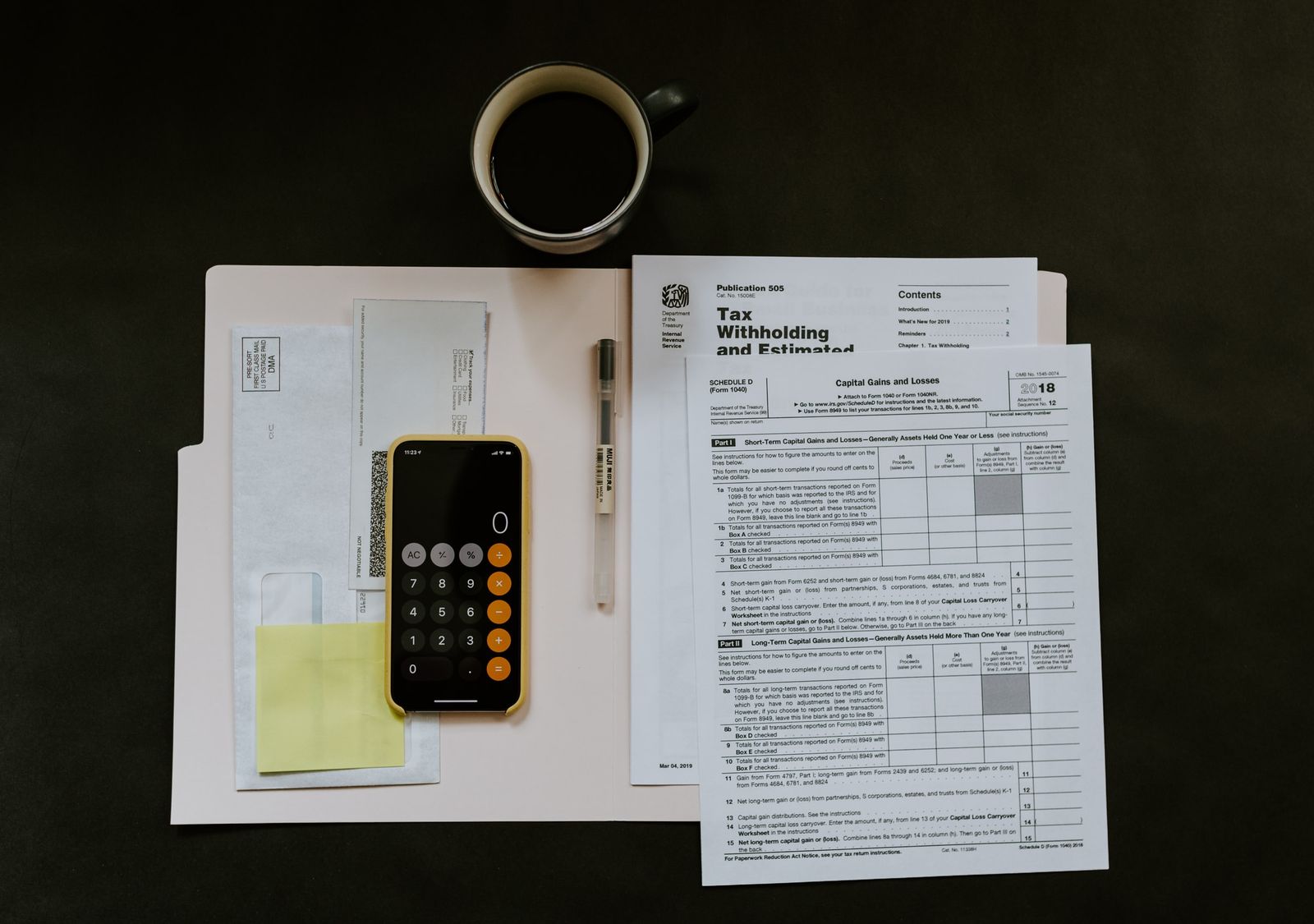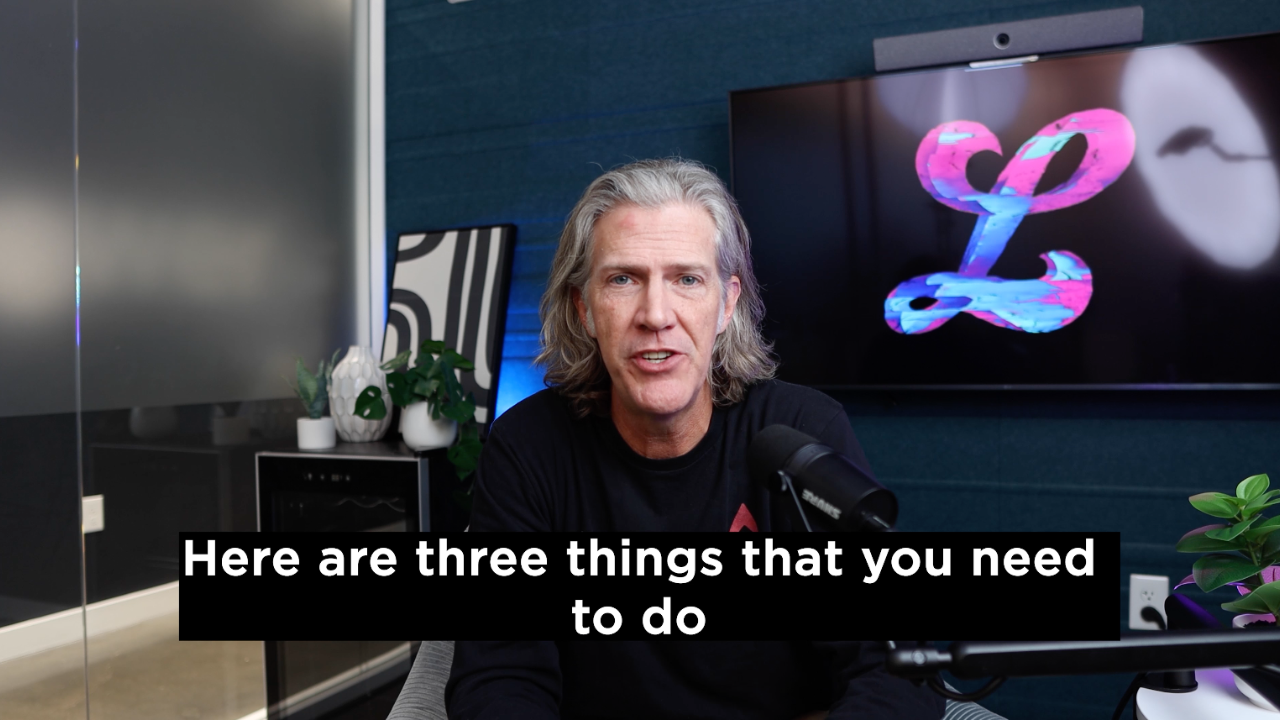1. Photo ID
Confirming your identity is the first step to starting the mortgage process. Make sure you have a photocopy of a signed government-issued, photo identification card, such as a driver's license or a passport.
2. Tax Returns
If you have various forms of income (more than one source of income, or anything other than a simple salary) you may be asked to show two years of tax returns. This is usually completed by signing Form 4506-T, allowing direct access to a copy of your returns directly from the IRS. If there are any discrepancies between your tax returns and documents that show your proof of income, your loan advisor will ask you about them.
The goal here is to ensure your annual income is steady from year to year. If you have a long-term job that is salaried (with no commission) you'll most likely get to skip tax returns, as your income will be easily verified.
3. Proof of Income
In addition to tax returns, include as much proof of income as you can. Keep your pay stubs for at least the last 30 days, as well as your W-2 or I-9 forms for the past two years.
Along with these documents, it's a good idea to make a list of all annual household income streams. Not only will it help you ensure all of your income is documented, it will help you organize your income statements and help create a family budget to adhere to each month.
Keep in mind that during the COVID-19 pandemic, or in other times of economic fluctuation, you will likely need to verify your employment several times throughout the mortgage process.
If there are concerns, you may be asked to request a letter from your employer relaying the status of your employment.
4. Asset Statements
Your recent income isn't the only thing that lenders will look at when deciding on your terms and fees for a potential loan. They'll also want to see bank statements for your checking and savings accounts, as well as any other bank accounts you might have.
Gather all other asset statements you have, including proof of CDs, IRAs, bonds, stocks, and any other assets you have that you plan to use for a down payment. Life insurance policies are also considered assets, so add these documents to your pile as well.
If you already own other real estate, be sure to let your loan team know. Gather mortgage statements and homeowners insurance declaration page for any other home you own.
5. Written Support
If your family members or friends plan to give you a gift to pay for a portion of your new home, make sure you have a written letter from them explaining the plan. This can be considered an asset, especially if you plan to use the funds for a down payment.
If you do not have a lot of income, you may wish to consider asking a friend or family member to co-sign the mortgage. This will greatly reduce the risk to the lender and possibly improve the loan terms and fees you qualify for.
If this is the route you choose, understand it is a major request of a friend or family member. Those who co-sign a mortgage for you will be equally responsible if you default on your loan payments.
It's also possible to have a co-borrower on your mortgage. A co-borrower has ownership rights on the property. Make sure the arrangement is transparent and agreed upon by both parties to avoid issues in the future.
6. Residential History
Lenders will want to see where you've lived for at least the last two years. If you haven't owned your own home during this time, you may be asked to request a letter from your landlord confirming your on-time monthly payments. This document will provide additional proof that you can pay your debts as you've agreed, but again, is only in select cases. Your loan advisor will let you know if they need it.
7. List of Other Debts
Your credit history will provide a lot of information about the credit card debt you have, but it won't provide a full picture of your financial obligations.
Gather a list of your monthly debts that are not a part of your credit report. Don't try to hide any debts from a potential lender. Be honest about obligations like student loans, auto loans, or other mortgages you may be responsible for.
Improving Your Mortgage Application
Once you have your documents together, you’ll want to make sure to set your application up for success.
Be organized.
If you have all your documents neatly collected in a file, it will save you time and stress. It will also present you as a responsible person able to repay your debts. Make a good first impression.
Be realistic.
Have a clear idea of how much you can afford. Use a mortgage calculator to determine your projected monthly payments, including the principal of the loan, interest rates, taxes, fees, and insurance. You should be able to demonstrate living within a monthly budget to show that you can afford a new home. It's also a good idea to have a fund set aside for the inevitable home improvement or repair projects that will arise once you've purchased the home.
Improve your credit score.
Paying off old debt can take time, so start right away—before you start shopping for homes. The longer you pay your bills on time, keep balances on your credit cards low, and only open new accounts when necessary, the better your credit will look to lenders.
Weigh your down payment options.
The larger your down payment, the better positioned you'll be when it comes to negotiating with potential lenders. While 20% is not usually required, if you have less than 20% down, you'll most likely be required to take out mortgage insurance.
Mortgage insurance won't stop you from facing foreclosure or damage to your credit score if you fall behind on your loan payments. The payments for this insurance will be added on to your monthly bill until you've paid a certain amount of your principal.
Your loan advisor will be able to help you decide the optimal down payment for your situation. Just get in touch with our team here at Lower.
Be strategic.
Normally, too many credit checks from potential lenders can hurt your credit score. When it comes to the mortgage process, however, all credit checks made within a 45-day window count as a single inquiry. If you're lightly shopping around, you may consider asking for a soft credit pull instead of a hard credit pull. Here at Lower, we only do a soft credit pull until you're ready to buy (or refinance). And we'll always ask for permission first. That means you can shop around for mortgages without damaging your score.
Be Prepared with the Right Documents
Gathering the paperwork needed for your loan ahead of time is an extra step that pays off in the long run. Being organized will make the process go much faster—so you can close on your home sooner.
Now that you know the documents needed, let's get started.

















.svg)

.svg)















